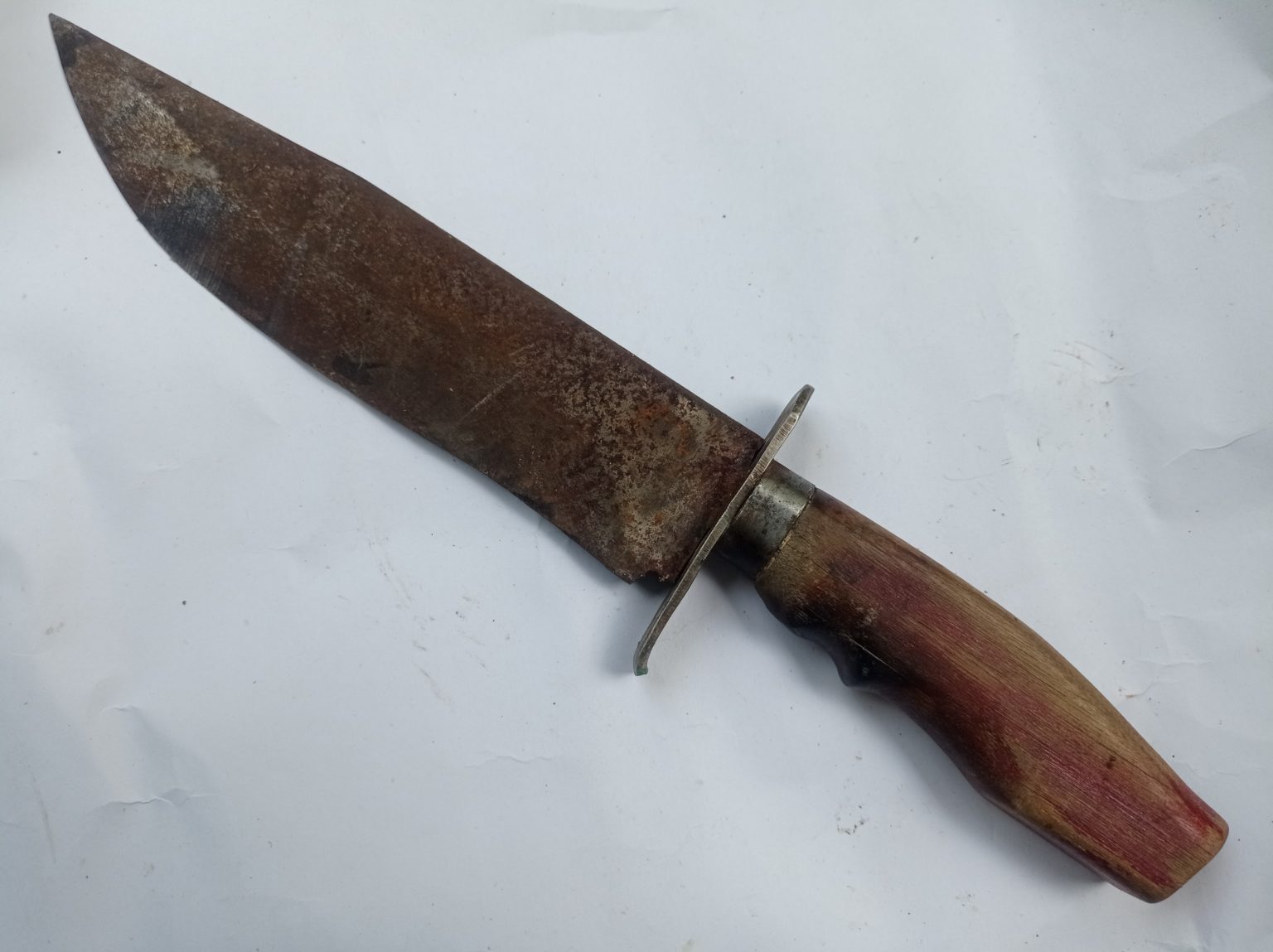
Maryland Attorney General Brian Frosh has acknowledged in a brief to the United States Court of Appeals for the Fourth Circuit that knives are “arms” covered by the Second Amendment. Unfortunately for him, he tried to use a ban on Bowie knives from the 1800s as an argument that Maryland’s ban on “assault weapons” is legal. It’s an argument that just doesn’t cut it.
As background, when the U.S. Supreme Court recently issued its Bruen decision upholding the right to carry firearms and setting strict scrutiny as the test, it sent back to the Appeals Courts a number of cases that were appeals in a variety of gun ban cases. The courts were instructed to review the various prohibitions’ constitutionality in light of the Justices’ decision.
One such case was Bianchi v. Frosh in Maryland opposing the state’s “assault weapons” ban.
The Fourth Circuit asked the parties to brief the case in light of Bruen. The basic argument from Second Amendment supporters in their briefs was that Bianchi could not survive strict scrutiny. There are millions of so-called assault weapons as defined by Maryland’s ban in common use by law-abiding citizens for self-defense, and thus they cannot be considered “dangerous and unusual weapons” that are “not in common use.”
One argument that Bruen allows to accept a ban on modern “arms” is if there were analogous bans at the time the Second Amendment was passed, or which have been historically enacted in the 18th or 19th centuries and which survive to this day. Frost’s argument that historical bans on Bowie Knives are analogous and thus justify modern bans on assault weapons fails to meet Bruen’s test.
Second Amendment scholar David Kopel, the author with Clayton Cramer and Joe Olson of the legal review article Knives and the Second Amendment, just posted his analysis of “The legal history of bans on firearms and Bowie knives before 1900” which can be read in full on The Volokh Conspiracy.
By reviewing this history, it’s possible to determine if the Bowie knife’s legal history should have any impact on Second Amendment cases after Bruen. A companion to that article is, “Bowie knife statutes 1837-1899,” which describes and analyzes nineteenth century state statutes on Bowie knives.
Kopel notes, “Whatever 19th century handgun laws teach about permissible limits on the right to arms, the Bowie knife laws go no further. Because Bowie knives are so often in pari materia (of the same matter) with 19th-century handgun regulations that they add little if anything to the very thin base of historical precedents for prohibitions on common arms.
The legal history of Bowie knives reinforces the U.S. Supreme Court’s history-based holdings about permissible handgun regulation. Bowie knives were not some extraordinary category for which regulation was more severe than handgun control was typical for handgun control.”
Thus, the Maryland AG’s argument citing a Bowie Knife ban fails to cut it, big time, but we appreciate his acknowledgment that knives are “arms” under the Second Amendment. And, our sincere thanks to Kopel for his scholarship.
Knife Rights is America’s grassroots knife owners’ organization; leading the fight to Rewrite Knife Law in America™ and forging a Sharper Future for all Americans™. Knife Rights efforts have resulted in 40 bills enacted repealing knife bans in 26 states and over 150 cities and towns since 2010.
Doug Ritter is the Chairman and CEO of Knife Rights. This article was originally published at kniferights.org and is reprinted here with permission.


